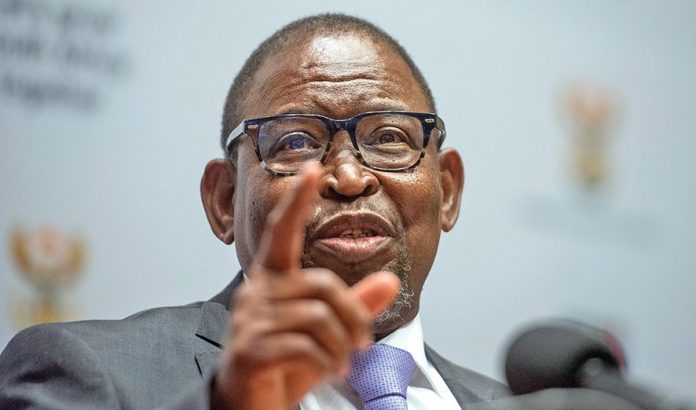The Western Cape High Court has confirmed that there will be no value-added tax increase from May 1.
The court order, which was issued on Sunday, resulted in the South African Revenue Service (Sars) warning consumers to be vigilant of businesses which could charge them an increased 15.5% value-added tax (VAT) starting from May 1.
Sars commissioner Edward Kieswetter issued the warning after the Western Cape High Court made an order in the matter relating to the 0.5 percentage point increase in VAT that was originally announced to come into effect on May 1.
Kieswetter noted that the court order also has practical implications for consumers and VAT vendors charged with managing VAT.
“The court’s order suspends the 0.5 percentage point increase that was originally announced to come into effect on 1 May 2015 and there is, therefore, no basis for VAT vendors to implement an increase of VAT rate.
“All vendors are urged to readjust their systems back to 15%.
“All consumers are urged to ensure that they are charged the correct VAT rate of 15%.
“In the unlikely event they are charged 15.5%, consumers should bring this to the attention of the vendor and ensure that this is resolved at the point of sale or otherwise by mutual agreement,” said Kieswetter.
He added that he welcomed the agreement between the parties and the court order in the matter relating to the VAT.
“This is an important order that provides clarity to SARS to effectively and efficiently administer the VAT Act,” he said.
Initially, Finance Minister Godongwana had wanted the VAT to be raised by two percentage points; however, due to a fierce backlash, he backed down, later proposing a 1% increase with a 0.5% split increase in two financial years, 2025/26 and 2026/27.
Last week Godongwana instructed the National Treasury not to increase the value-added tax (VAT) from the beginning of May.
On Sunday, Godongwana agreed to a court order suspending his decision of 12 March 2025 to increase the VAT rate by 0.5 percentage points.
He said he has agreed with the Democratic Alliance and the Economic Freedom Fighters, who had hauled him to court to challenge the VAT hike, to have the matter settled out of court, and the Western Cape High Court subsequently ratified the agreement on April 27.
“Minister Godongwana welcomes the court order, as it is entirely consistent with his announcement on 23 April 2025 to suspend the VAT increase,” said a media statement released by the National Treasury on Sunday evening.
“Having already announced the withdrawal, the minister felt that he would no longer have cause to continue with the court case.
“The context of the suspension of the increase is set out in an affidavit filed earlier on Sunday by the minister in response to the Democratic Alliance’s (“the DA”) supplementary affidavit filed on 25 April 2025.
While the substance of the minister’s responding affidavit was to reply to the most contentious points raised by the DA in its submission, a secondary, equally important purpose was to further clarify the rationale behind the proposed increase to VAT, its subsequent withdrawal, and the procedural context that should determine the future processes.
Godongwana stated that he maintained that his initial budget proposal of March 12 2025 was constitutional and appropriate given the limited options available to balance fiscal sustainability with service delivery needs.
He added that having listened to the submissions made by political parties and the public and taken into careful consideration the various consultations with various stakeholders, the decision was made to withdraw the proposal, and the court gave effect to that.
DA Federal Council chair Helen Zile said the Western Cape High Court’s ruling on Sunday that a VAT hike must officially be suspended is a victory for all South Africans.
“In this case brought by the Democratic Alliance (DA), the court’s decision ensures that any changes to the VAT rate must be properly approved by Parliament before taking effect and sets aside the unlawful support lent to this VAT hike by a number of parties.
“We are pleased that the minister of finance eventually came back to the table and agreed to suspend the VAT increase in a lawful manner. This shows that government decisions cannot be made without proper oversight.
“It also gives South Africans certainty that changes affecting their pockets will not happen without the necessary checks and balances in place,” said Zille.



